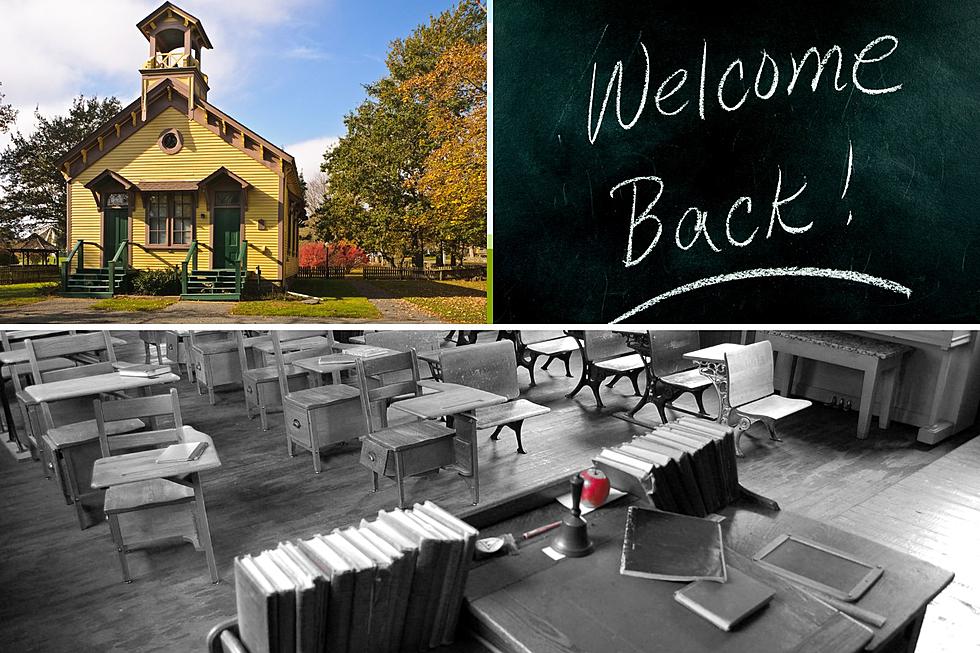
Column: Tuition Hikes Leave College Grads Economically Vulnerable
The South Dakota Board of Regents has approved a tuition and fees hike of 4.4%, which will amount to about $335 in increased costs for students in the state’s public universities. This brings the average cost for an in-state student with a full course load to $7,900 a year.
Yearly tuition hikes have become commonplace in this country. This year’s increase is just slightly above the average for state institutions nationwide, which is about 4.2%. Compare that to the overall inflation rate, which is likely to be around 1.5% when finally tallied.
Since 1978 the increase in tuition expense has far outpaced the cost of living. To put this in context, healthcare costs, which everyone understands to have been rising like crazy, rose at roughly double the rate of inflation over the past 35 years. In comparison, tuition expenses outpaced inflation increases by four times over the same time period.
Since most students have to borrow at least some money to afford these rising rates, the end result of these tuition increases has been an explosion in student loan debt. Student loan debt now amounts to more than a trillion dollars, surpassing credit card debt.
Having a large student loan balance can prove to be a significant burden especially for recent college graduates who are having more trouble getting started in a career than their counterparts from earlier years. Even when they do find work, it is usually at entry level pay, and younger employees are usually the easiest to layoff. While the current overall unemployment rate is 7.6%, it is 13.3% for ages 20-24. Recent college graduates are especially vulnerable to economic downturns if they have substantial amounts of student loans to repay. If you can’t find work in your field, something many college grads discover is an unfortunate reality, good luck trying to repay your student loans on what they pay at Starbucks.
Unlike credit card debt, failure to repay student loans can result in wage garnishment and confiscation of tax refunds. In the event that someone declares bankruptcy, student loans cannot usually be expunged unless they are in prolonged default, usually for more than 7 years.
The student loan crisis puts recent tuition hikes in a new light. Pursuing an education does not just provide an individual benefit; it has positive consequences for society as whole and therefore ought to be encouraged. With the global competition the US faces, it is not as though we can afford individually, or as a country, to have fewer of citizens going to university.
It is unconscionable that our educational system is structured in such a way as to burden the majority of its graduates with significant levels of debt at the height of their sensitivity to economic fluctuations. There needs to be a moratorium on college tuition hikes for a good, long time; after which pegging tuition hikes to inflation would be a wise move. However, the real problem isn’t going away until we get serious as a country about ensuring that less of the expense falls on the individual, and increase state funding of higher education.
The opinions expressed in this commentary are solely those of John Gossom and do not reflect Results Radio, Townsquare Media, its sponsors or subsidiaries.
More From KXRB









